




Tennis Europe sanctions, manages and supports around 1,200 international tennis events across the continent each year.
European Junior Champioships (18/16/14 & Under)
European Summer Cups (18/16/14/12 & Under)
Tennis Europe Winter Cups by Dunlop (16/14/12 & Under)
Tennis Europe Junior Tour (16/14/12 & Under)
Tennis Europe Junior Masters (16/14 & Under)
12 & Under Festival (12 & Under)
ITF/Tennis Europe Development Championships (14 & Under)
European Tournaments for men and women part of ITF European Seniors Circuit
European Seniors Outdoor Championships (all o cial age categories)
European Seniors Club Championships (all o cial age categories)
BEACH TENNIS
European Beach Tennis Championships
Tennis Europe’s Professional Tennis Department is the service point for all European Men’s and Women’s Tournaments of the ITF World Tennis Tour, incorporating Men’s events ranging from $15.000 to $25.000 in prize money, as well as Women’s events ranging from $15.000 to $100.000
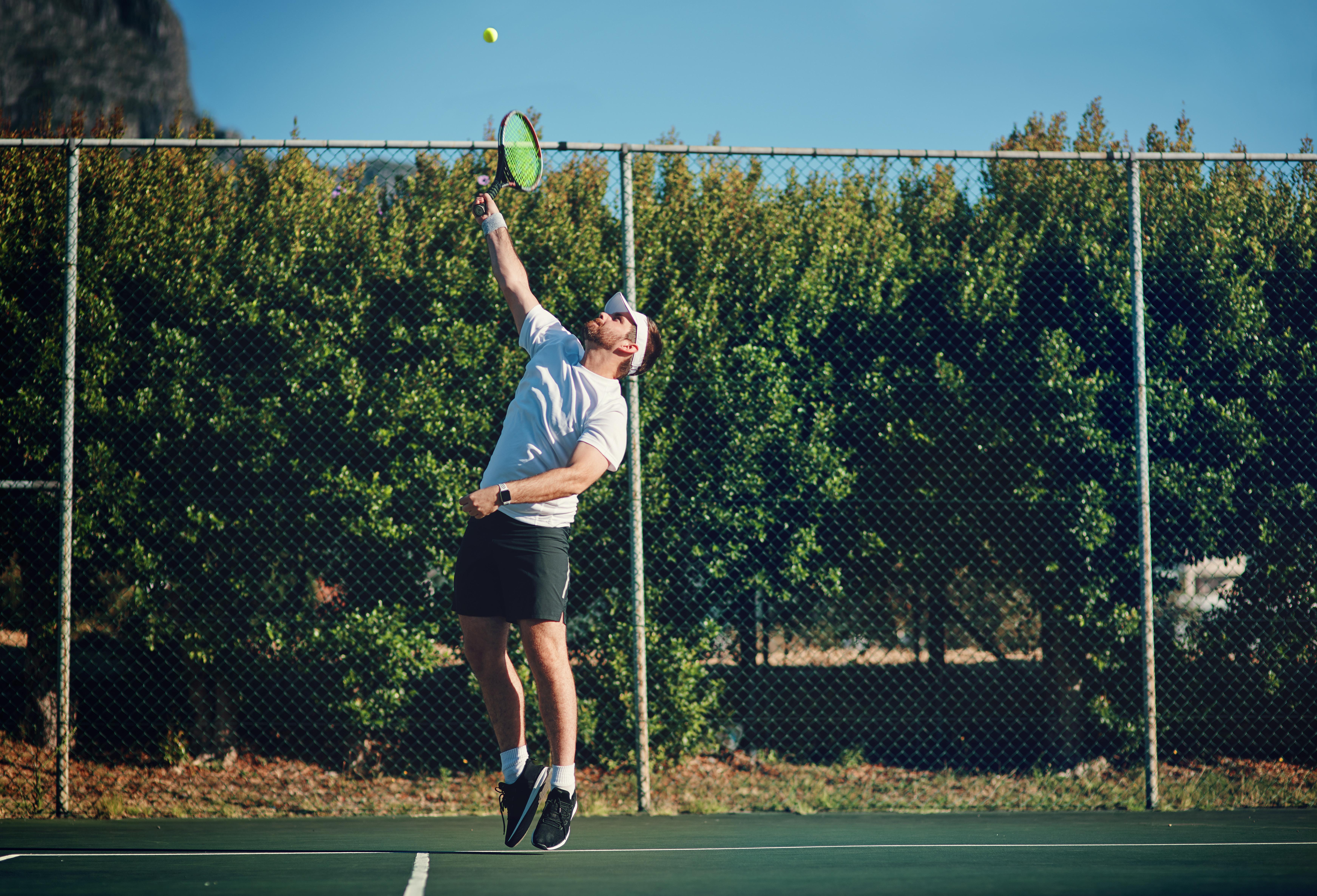
Tennis is played in a multitude of venues around the world that use many environmental resources in their operations and management. Tennis events and competitions that Tennis Europe is a liated with, often involve a lot of travel, food consumption and sports equipment of all kinds. At the same time, we generate a significant amount of waste at our facilities, during operations and events.
· Energy and fuel use
· Travels
· Materials and logistics
· Food
· Single-use and short-life materials
· Disposal of unwanted and end-of-life materials/ equipment
· Landscape management of outdoor facilities and landholdings
FOCUS AREA 1
To measure the impact of tennis on the nature. To provide positive values to our environment with solution-oriented projects based on these data.
FOCUS AREA 2
Design, plan and implement events in ways that prevent or reduce negative environmental impacts on host cities and surrounding communities.
FOCUS AREA 3
Prevent or reduce the degradation of the environment by tennis-related activities, while leveraging the sports reach and visibility to advocate the urgency of action.
FOCUS AREA 4
Tennis infrastructure provides long-term financial and environmental benefits to all stakeholders and strengthens the legacy of common spaces for local communities.
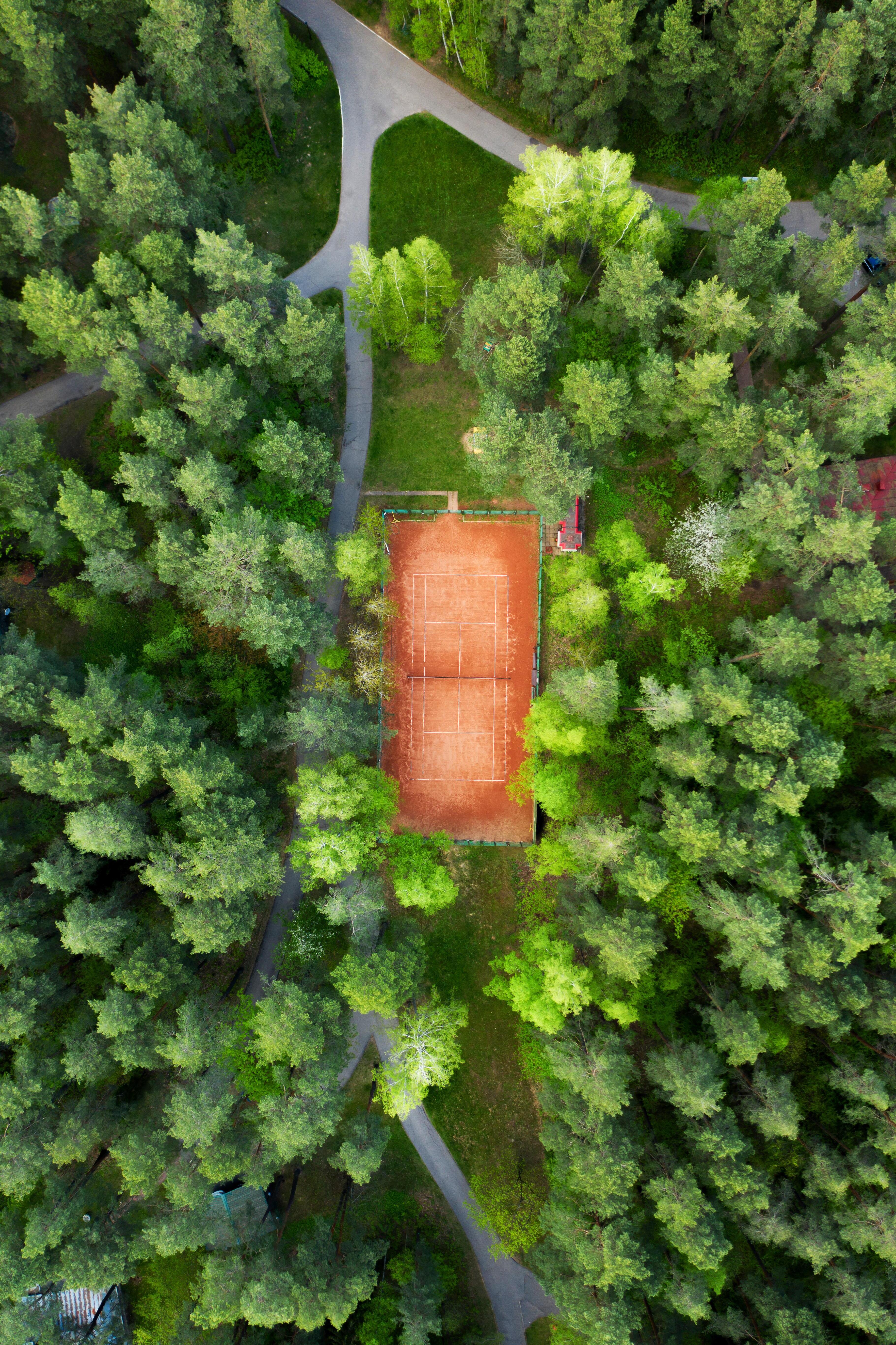
The rate at which CO2 emissions are increasing is unprecedented; as a result, the average world temperature is rising as well. The past five years have been the hottest since 1850, and without immediate action, temperatures could climb by 3-6°C by 2100. Currently, 800 million people are at risk from the e ects of climate change, including heat waves, floods, fires, droughts, and sea level rise. By 2030, the worst e ects of climate warming might be irreversible. Tennis is contributor to these carbon emissions. Therefore, we as a Tennis organisation must contribute to the search for answers.
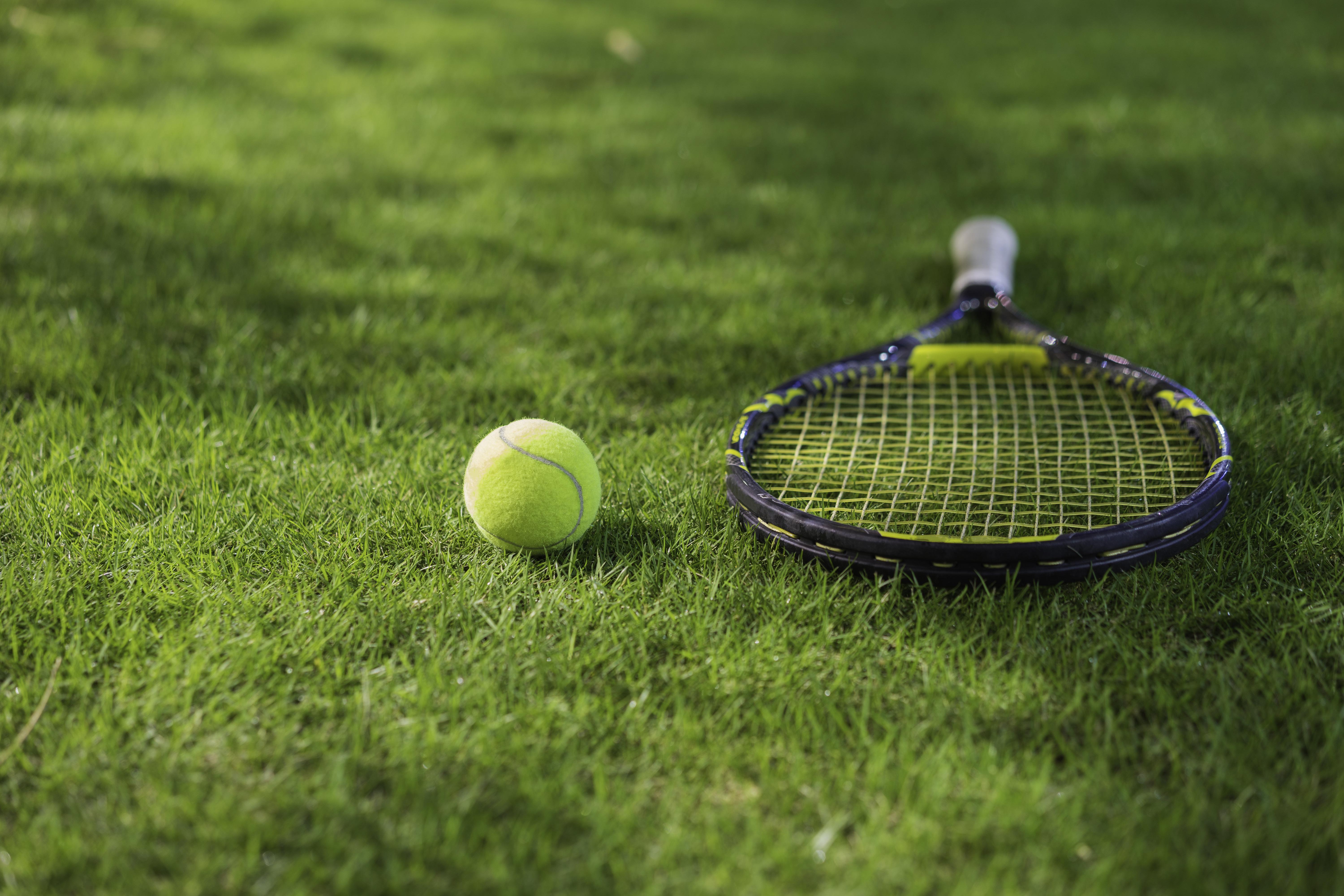
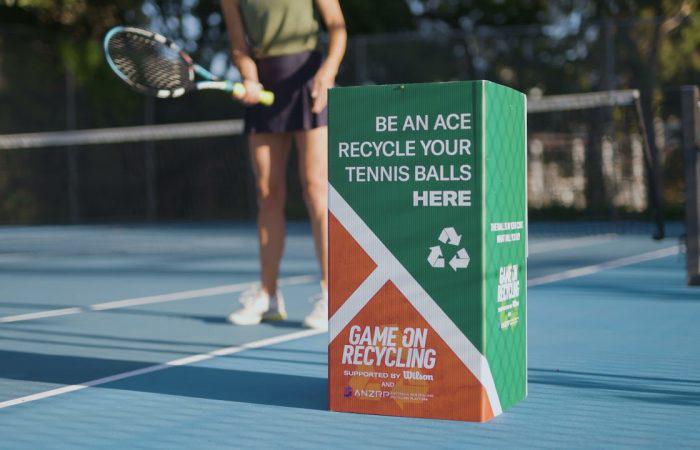
Starting a pilot project by choosing 10 Tennis Europe tournaments to calculate their carbon footprint. Through this project, data will be collected by calculating the carbon footprint of the tournaments and new sustainability actions can



Data can be collected by digital platforms so that all stakeholders in the tennis ecosystem can accurately measure the carbon footprint not only during tournaments or tennis events, but also in their personal daily lives.
Example: https://www.footprintcalculator.org/home/en
Encourage athletes, coaches, sta or fans to use public transport or vehicles without a carbon footprint.
Give bottles and cans a second life - beware of recycling bins.
Position recycling bins for used tennis balls in tennis clubs.

Proecological behaviors at the hotels, tennis clubs, or even at homes: turn o lights, phone chargers, electrical devices, and keep showers short.

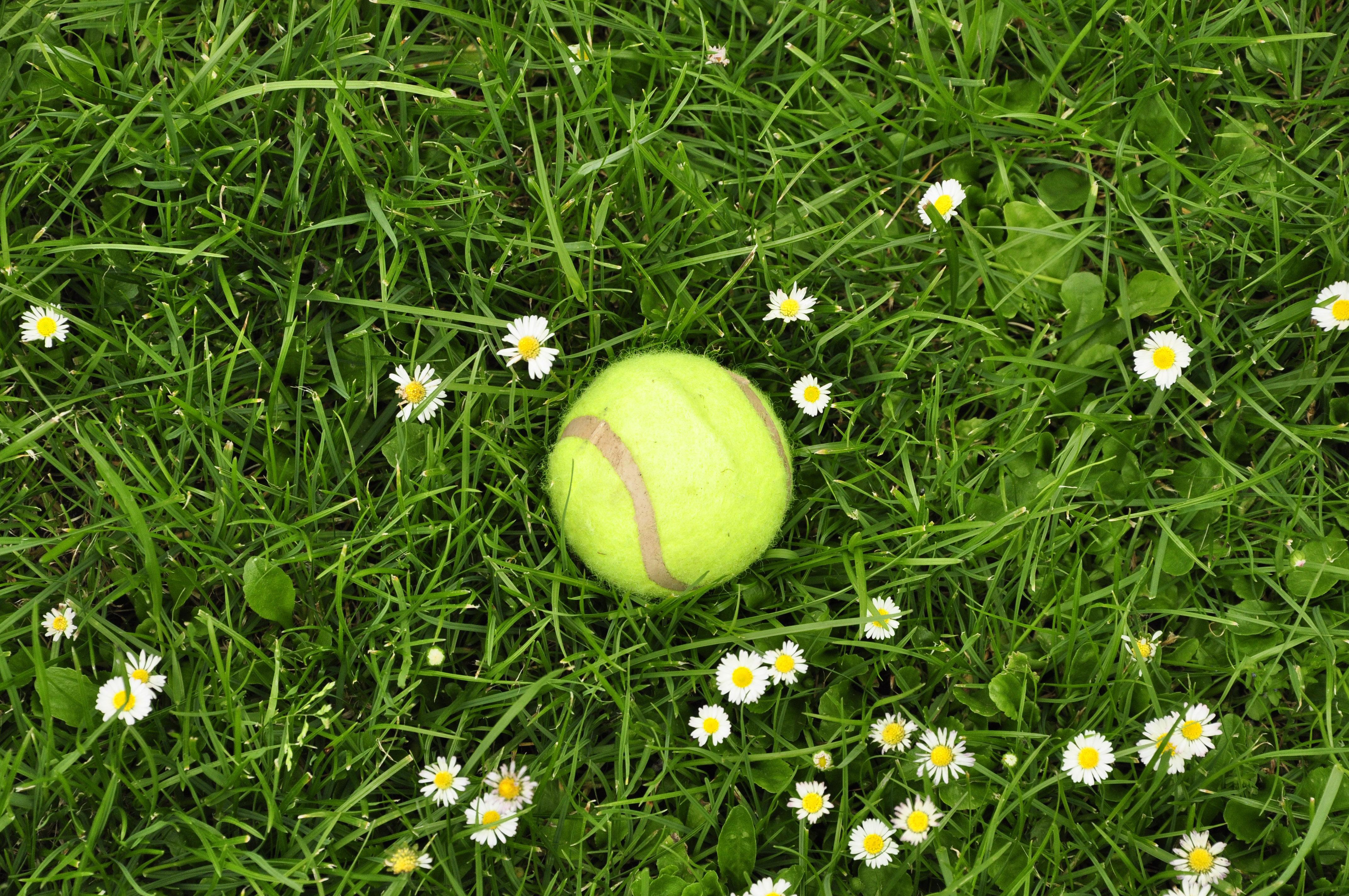
Before the event, write down your sustainability goals.
Events host a lot of people. Design access to your event in a way that does not harm the environment.
Determine the water consumption to be used at the event in advance and keep the water consumption to a minimum.
Be aware of your environmental pollution. Avoid event promotion with packaging products that will pollute the environment.
Consider eating healthy while doing good for the planet – look for plant-based foods and locally sourced produce. Present the food at the event with environmentally friendly packages.
Avoid food waste at events – order only the quantity you need and encourage people to do so.
Leave a good legacy to nature with your events.
o Make Venues Economically and Environmentally Sustainable:

Keep water consumption to a minimum.
Minimize electricity consumption when venues are not in use.
Building materials can be made from natural materials, integrate correct waste management and recycling into facilities.
Make sure that the cleaning materials used in the venues are environmentally friendly. Use eco-friendly food packages and minimize paper usage.

Presence of awareness movements at club events to ensure universal and equitable access to safe and a ordable drinking water for all.
Try to significantly increase water use e ciency and awareness in all clubs. Implement integrated water resources management at all levels. Implement actions to protect water-related ecosystems, integrate all water and sanitation-related activities into tennis clubs, including water harvesting, desalination, water e ciency, wastewater treatment, recycling and reuse technologies.

Partner with local communities to improve water and sanitation management.

Ensure access to a ordable, reliable and modern energy services in accordance with the universal standards.
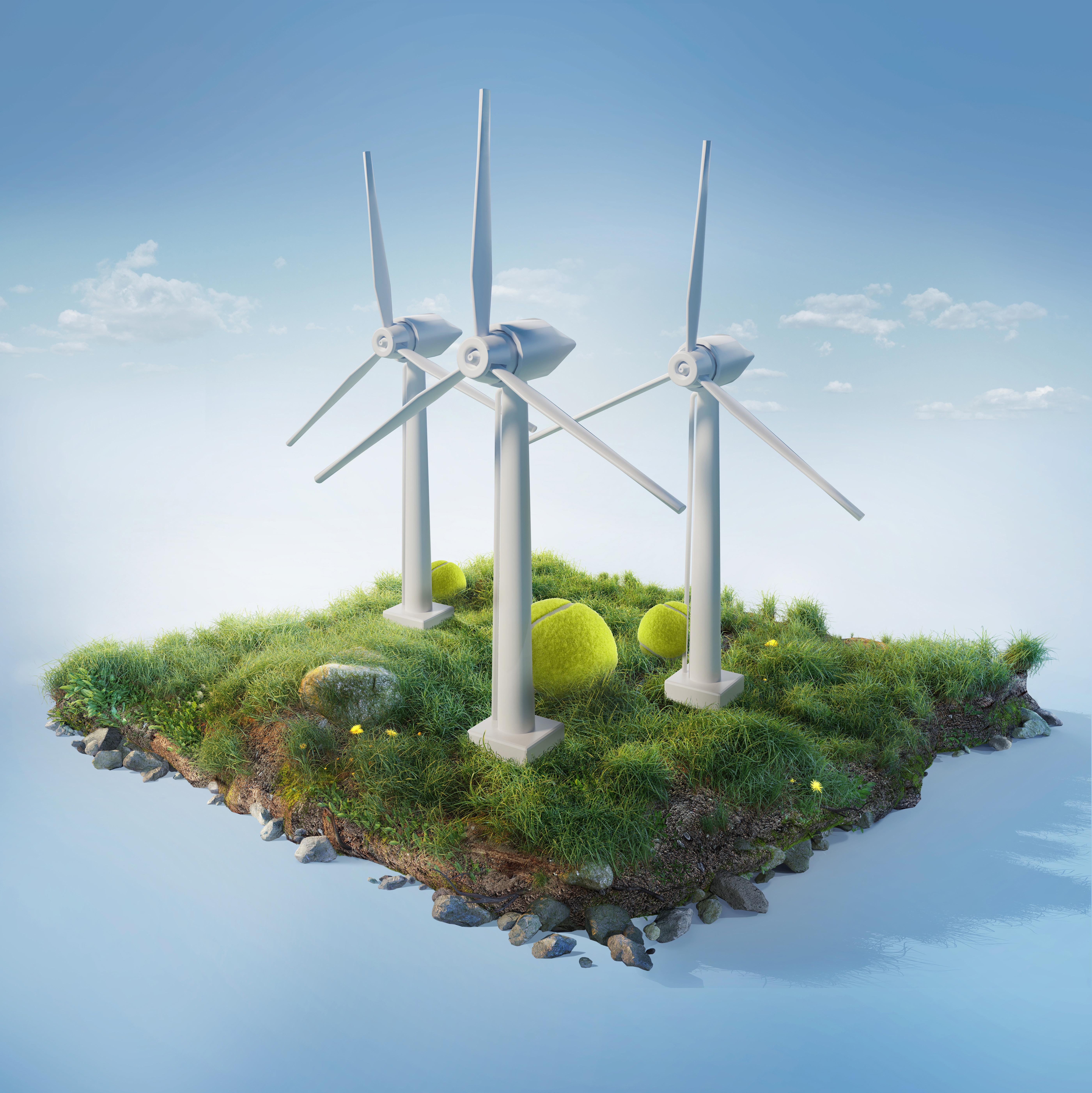
Make your own contribution to energy e ciency. Save energy.
Integrate innovations including renewable energy, energy e ciency and advanced and cleaner fossil fuel technology into the tennis ecosystem and implement them in clubs and federations.


To strengthen the e orts of federations and clubs to protect and preserve the world's cultural and natural heritage.
All clubs have access to safe, a ordable, accessible and sustainable transport systems. Reduce the negative per capita environmental impact of clubs, with special emphasis on air quality and other waste management.
Building sustainable and resilient clubs using sustainable materials. Supporting the least developed tennis clubs, including financial and technical assistance.

Halve food waste per capita at the retail and consumer levels in federations and clubs. Reducing food losses.
Significantly reduce waste generation in clubs through prevention, reduction, recycling and reuse.

Ensure that people in the tennis ecosystem have the necessary knowledge and awareness for sustainable development and lifestyles in harmony with nature.

Ensure that chemicals and all wastes are managed in an environmentally sound manner throughout their lifecycle in accordance with agreed international frameworks in order to minimize their negative impact on human health and the environment.


